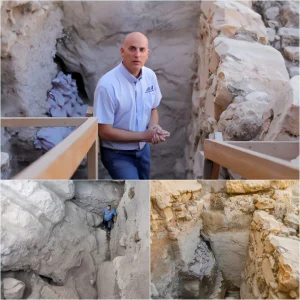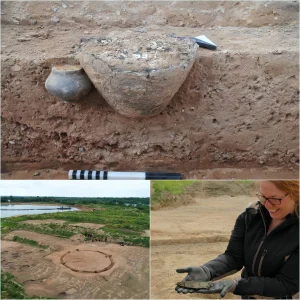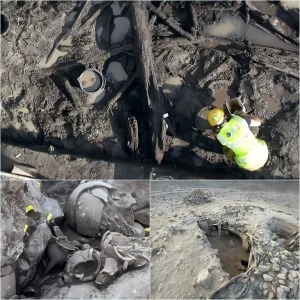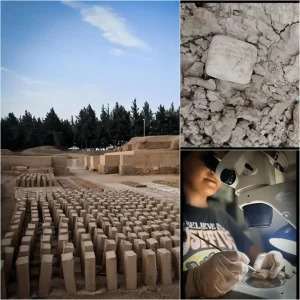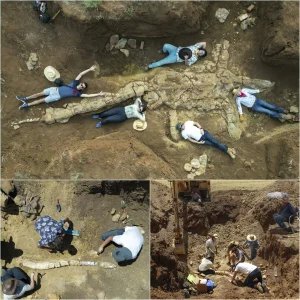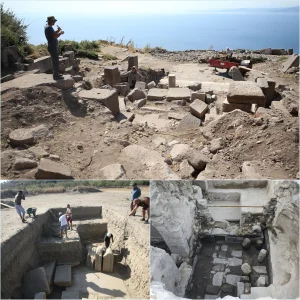Archaeologists in Mexico have uncovered the fossilized remains of a 72 million-year-old dinosaur tail, marking Mexico’s first such discovery, announced the country’s National Institute for Anthropology and History (INAH). The remarkably well-preserved tail, measuring five meters in length, belonged to a hadrosaur, commonly known as a duck-billed dinosaur, according to Francisco Aguilar, the director of INAH.
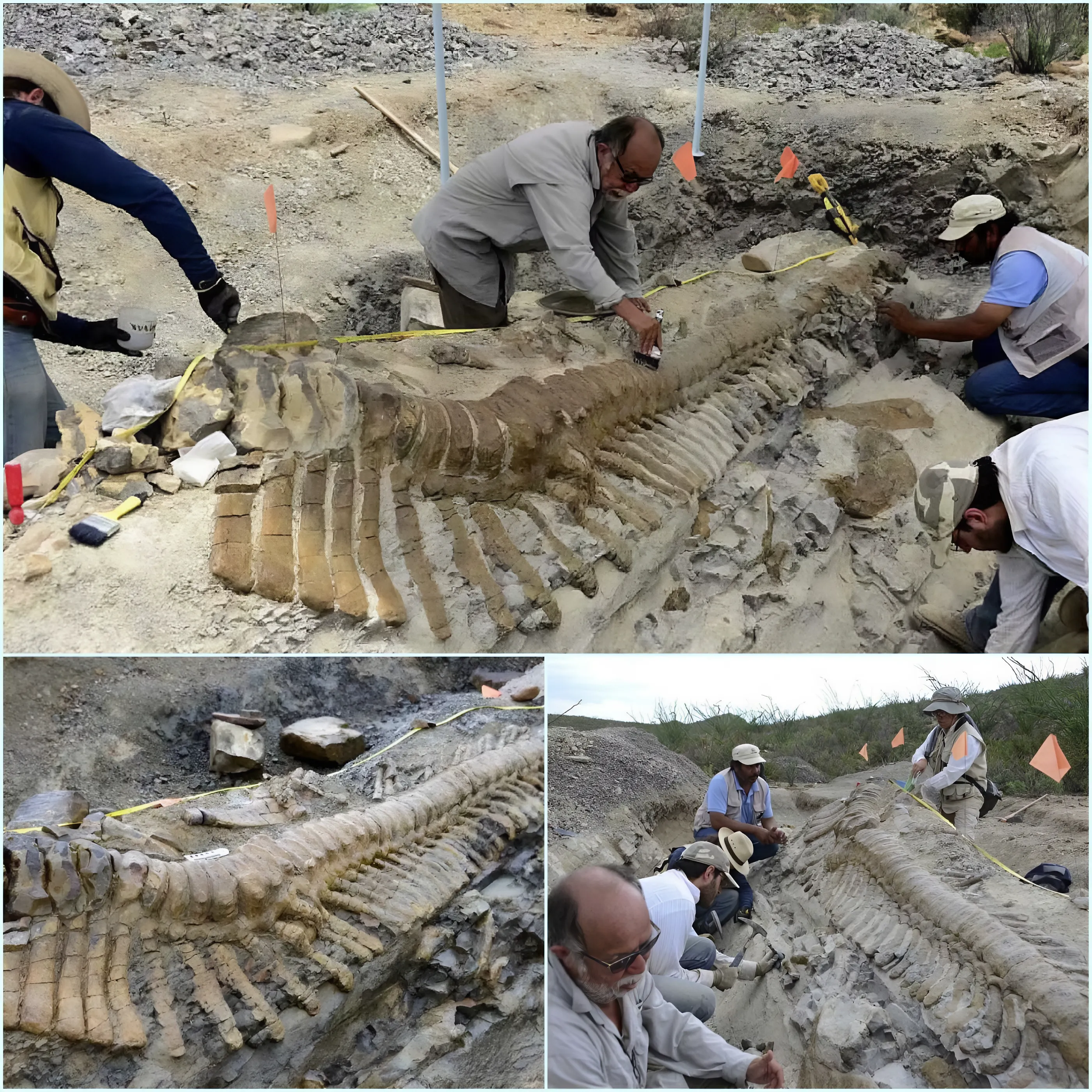
The team, comprising archaeologists and students from INAH and the National Autonomous University of Mexico (UNAM), made the find in the desert near General Cepeda, a small town in the border state of Coahuila. Aguilar noted that the tail likely constituted half of the dinosaur’s total length. The archaeologists meticulously uncovered 50 vertebrae of the tail, which were completely intact under a sedimentary rock layer, a process that took 20 days.
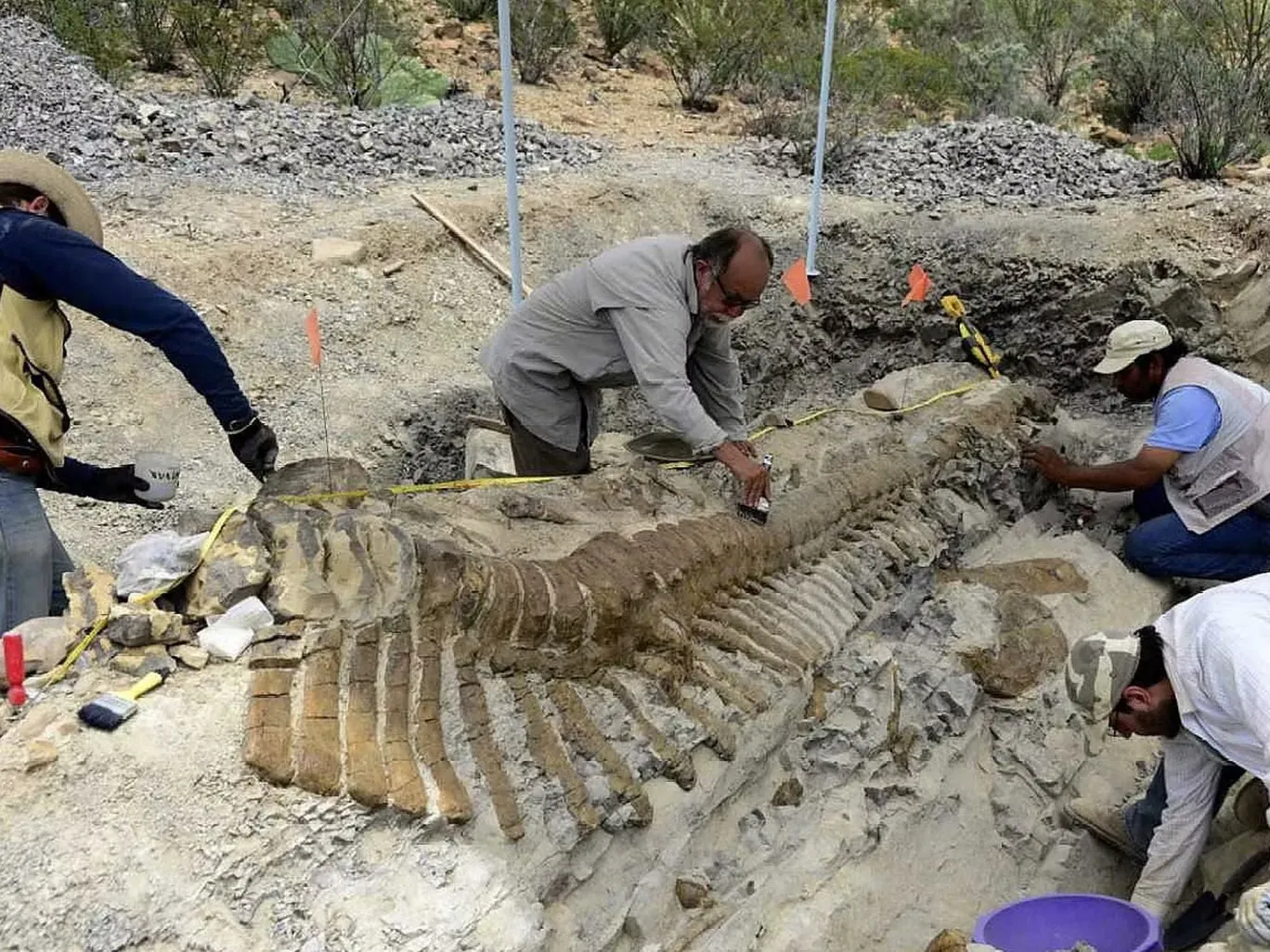
Alongside the tail, scattered fossilized bones including one of the dinosaur’s hips were also discovered, INAH reported. Such finds are relatively uncommon, making this discovery particularly significant. Aguilar highlighted that this new specimen could provide further insights into the hadrosaur family and contribute to research on diseases that affected dinosaur bones, resembling those found in humans. Examples include tumors and arthritis, which scientists have already identified in dinosaur remains.

Coahuila, along with other northern desert states in Mexico, has yielded numerous dinosaur discoveries, reflecting the region’s rich paleontological history. “We have a very rich history of paleontology,” Aguilar emphasized, underscoring the importance of ongoing research in the area.
